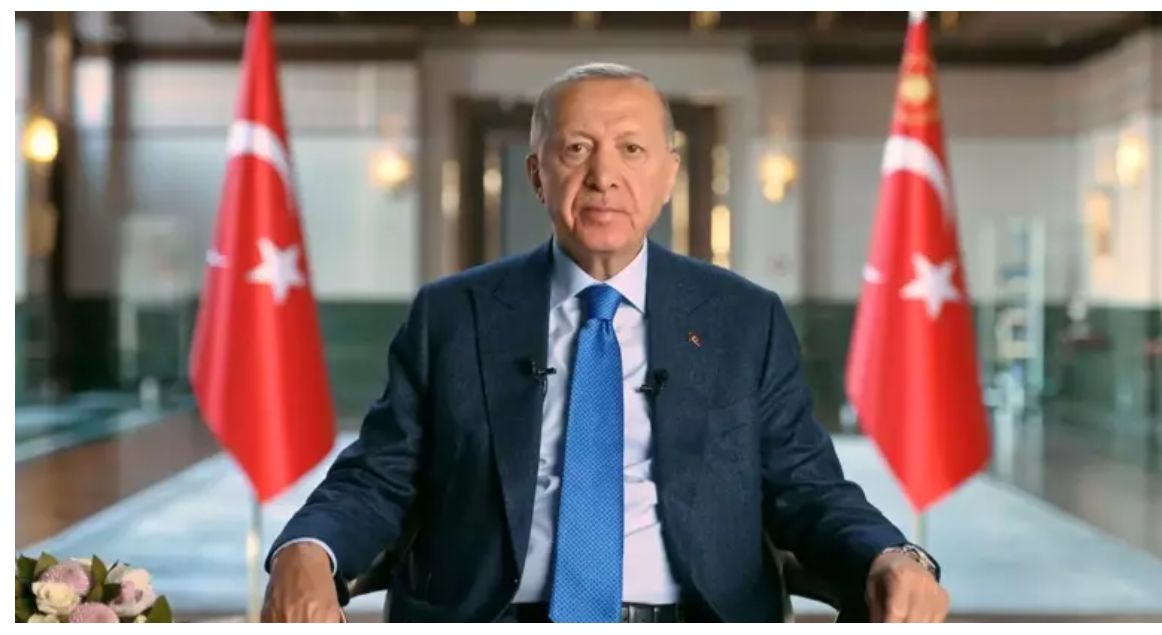One of Turkey’s leading left wing intellectuals, Mr Ali Bayramoglu, dedicated his latest column to how Erdogan capitalizes on global backdrop to reinforce his despotic regime at home:
These are Bayramoglu’s observations
Sometimes, global winds, world conditions, and your country's power and position slap the anti-democratic forces in your homeland right in your face.
Just like during the 1980 coup period, your membership in the Council of Europe may be suspended, and you may face embargoes.
At other times, the direction of the global wind shifts.
Strategic expectations for a country, its location, and the desire for cooperation with it may outweigh the principles of democracy—especially for the West. Just as we’re seeing now, with Europe and America responding only mildly to the actions against İmamoğlu...
One example is enough: The EU Commissioner for Enlargement, Várhelyi, might have considered canceling his trip to Turkey and his meeting with Fidan over İmamoğlu’s arrest. Yet, on the other hand, the foreign ministers of Turkey and France were still holding a strategic cooperation meeting about the future.
Even if Erdoğan did not consider the international climate and Turkey’s strategic value within it in detail when taking the step against İmamoğlu, he must have instinctively assessed it.
Turkey remains a key regional power and actor in Syria and the Middle East, a strong potential ally, possesses a powerful army, and is an important player in the EU’s effort to build its own military force. It also serves as a crucial buffer between the U.S. and Europe.
[embed]https://www.youtube.com/watch?v=FcH7APGASQk&t=695s[/embed]
This picture dampens and masks the pro-İmamoğlu movement in the eyes of the West.
In other words, unfortunately, the global winds are now elevating authoritarian values—stability, statehood, power, and leadership.
This enables and accelerates Turkey’s anti-democratic trajectory.
How should global winds be interpreted?
There are three major global crises or ruptures currently taking place.
The first is this:
Europe, alongside the U.S., is one of the key centers steering global tides. For a long time, it has been facing resistance from Eastern European countries like Hungary, Poland, and the Czech Republic regarding liberal democracy and the delegation of authority on national sovereignty. It’s experiencing an internal rift. These countries are countering liberal democracy with their version of illiberal democracy. As a result, the foundational essence of Europe is being seriously undermined, and the institutions of liberal democracy are losing strength.
The second crisis:
This one spans all of Europe and reaches into the second major global power center, the United States. Liberal political values, institutions, and rules are in decline in the face of nationalist, state-centered, and inward-looking social and political tendencies. The idea of "localism" and a mono-cultural social fabric are dominating over minorities and "the other." This wave is the most intense iteration of the social-political state Europe has experienced since the nationalist surge and liberal crisis between the two world wars.
The third crisis is about the crumbling of the Western security architecture following Trump’s disruptive moves.
Since WWII, Europe had delegated its security—first against the Soviets, then Russia—to the U.S. through NATO. But with Washington upsetting the balance, Europe is now going through an existential political shock. Beyond the risk of changing global alliances and balances, Europe is starting to seek its own security and armament, especially taking Ukraine and the threat of Russia seriously, and accepting that the U.S. may pull back. In this context, the ties between arms, security, state, and authority are strengthening, while pacifism is retreating.
This whole situation reflects back onto how Turkey is perceived.
From Ankara, expectations now center more around security and stability rather than democracy and human rights.
The path of the second crisis—rising inward-looking values—aligns with Turkey’s current trajectory.
And the first crisis—the legitimacy of illiberal democracy within Europe—removes obstacles to Turkey’s authoritarian path.
In summary, this is the current state of affairs.
CHP politics must move forward with full awareness of this reality, seeking to form a counter-flag and unite everyone around the idea of justice.
IMPORTANT DİSCLOSURE: PA Turkey intends to inform Turkey watchers with diverse views and opinions. Articles in our website may not necessarily represent the view of our editorial board or count as endorsement.
Follow our English language YouTube videos @ REAL TURKEY:
https://www.youtube.com/channel/UCKpFJB4GFiNkhmpVZQ_d9Rg
And content at Twitter: @AtillaEng
 rte2
rte2
 rte2
rte2